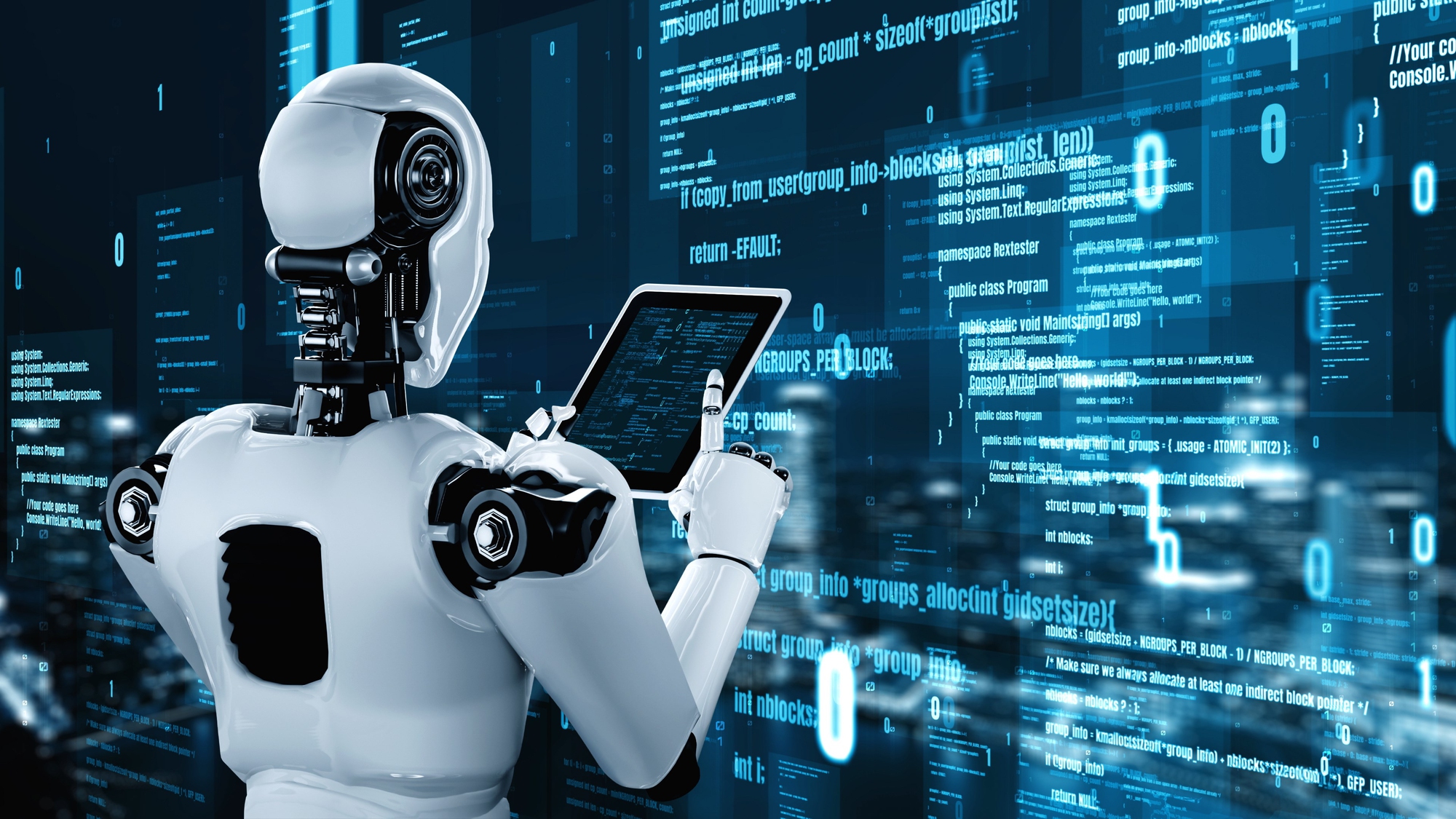VANCOUVER: The more reasoning capabilities artificial intelligence (AI) has, the less predictable it becomes, said Ilya Sutskever, former chief scientist at OpenAI, at the NeurIPS conference in Vancouver on Friday.
According to Channel News Asia, as Mr Sutskever was accepting a “Test of Time” award for his 2014 paper with Google’s Oriol Vinyals and Quoc Le, he said that a major shift is coming for AI.
He explained that an idea his team explored ten years ago — that increasing data to “pre-train” AI systems would push them to new heights — is now reaching its limits.
While more data and computing power led to the success of ChatGPT, launched by OpenAI in 2022, this approach no longer offers the same potential for further progress.
“Pre-training as we know it will unquestionably end. While compute is growing, the data is not growing because we have but one internet,” Mr Sutskever said.
To overcome this challenge, he proposed that AI could generate its own data or evaluate multiple responses before settling on the best one for the user and improving accuracy. Some researchers are focusing on using real-world data.
However, his talk ended with a bold prediction about the future of superintelligent machines, which he believes are “obviously” on the horizon, though some experts disagree.
This year, Mr Sutskever co-founded Safe Superintelligence Inc. after his role in Sam Altman’s brief ousting from OpenAI, an event he said he quickly regretted.
He said that AI agents, years in development, will eventually become more advanced, with deeper understanding and self-awareness. AI, he believes, will be able to reason through problems like humans. He said, “The more it reasons, the more unpredictable it becomes.”
Reasoning through countless possibilities could lead to unpredictable outcomes. For example, the AI system AlphaGo, developed by Alphabet’s DeepMind, stunned experts with its unexpected 37th move during a match against Lee Sedol in 2016.
Mr Sutskever pointed out that similar unpredictability is seen in high-level chess AIs, which can surprise even the best human players. He added that AI, as we currently know it, will be “radically different.” /TISG
Read also: Apple brings ChatGPT to its iPhone models, iPads, and Macs this holiday season
Featured image by Depositphotos

